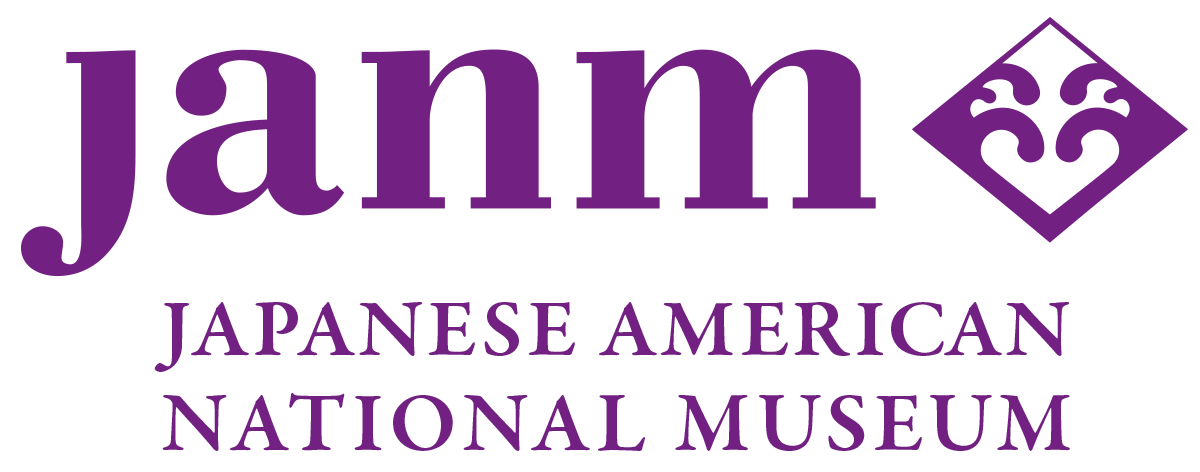FOR IMMEDIATE RELEASE - October 4, 2008
PRESS CONTACTS:
Chris Komai - ckomai@janm.org - 213-830-5648

AUTHOR DAVID MURA TO READ FROM LATEST NOVEL ON SATURDAY, OCTOBER 11
Famous Suicides of the Japanese Empire Explores Japanese American Family Issues
Critically-acclaimed author and poet David Mura will read excerpts and discuss his latest novel, Famous Suicides of the Japanese Empire, at a public program set for Saturday, October 11, beginning at 2 p.m. at the Japanese American National Museum.
Unlike its title, Mura’s book focuses on a Japanese American family and its main character, Ben Ohara, who tries to unravel the mysteries of his father, mother and brother. Ohara’s father was a No-No Boy, a Japanese American who refused to swear allegiance to the country while he was unlawfully incarcerated by the U.S. government during World War II. The stigma of his status leads to his suicide. Meanwhile, Ohara’s mother’s inability to discuss the past creates a barrier to any further understanding for Ben. After his mother’s passing, Ben ends up alone when his younger brother, plagued by drug addiction and gambling woes, disappears.
Ohara is a historian, unable to complete his current research, titled "Famous Suicides of the Japanese Empire". He suddenly is motivated to delve into his family history and the disappearance of his brother by a mysterious postcard.
Mura, who is well known for his autobiographic work, Turning Japanese: Memoirs of a Sansei, notes that this book is not as much about him and his family. "What I suppose I do share with Ben is a sense that there was a vast silence in my childhood surrounding the past of my Nisei parents and the legacy of the internment camps," Mura explained. "This is typical of the way many Nisei parents approached their experiences during the war. There was a great desire to forget the past, to forge ahead, to achieve a surface sense of normality."
Mura, who lived in Japan after growing up in the suburbs of Chicago, was able to draw upon some of his knowledge of Japanese culture for this novel. The story of the No-No Boys and the mass incarceration of Japanese Americans by their own government are among the many elements that have influenced people like Mura, but the understanding of the full story has been slow to surface since many parents often refused to discuss the events with their children.
Books will be available for sale and Mura will sign copies after the program. This program is free to National Museum members or with general admission. To make reservations or for more information, call the Japanese American National Museum at (213) 625-0414.
